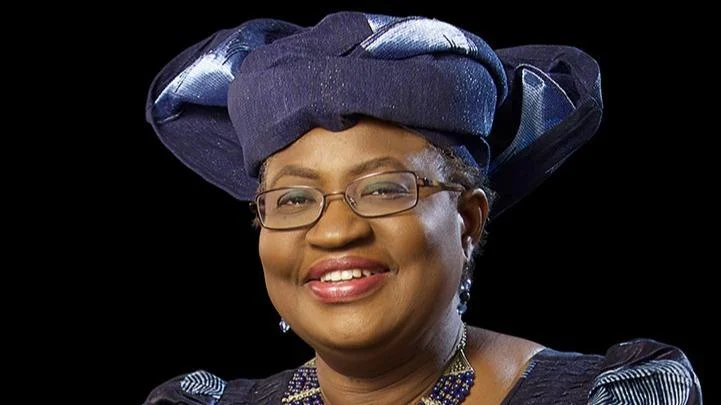In a recent address in Geneva, Deputy Director-General (DDG) Paugam of the World Trade Organization (WTO) emphasized the need for innovative approaches to integrate trade and environmental policies. Speaking at a forum dedicated to this topic, he highlighted the transformative impact of sustainable economic policies on global trade dynamics.
"Climate change alone has game-changing consequences for trade and the functioning of global value chains," Paugam stated. He pointed out that sustainable and pro-climate policies are increasingly taking precedence over traditional international trade and finance strategies.
Paugam introduced the concept of "re-globalization," coined by WTO Director-General Dr. Okonjo-Iweala, which focuses on leveraging opportunities from sustainability transformations to foster more inclusive globalization. He cited green hydrogen as an example, noting its potential for decarbonated energy production, particularly in regions with abundant renewable energy resources like Africa.
The DDG outlined two potential routes for addressing the nexus between trade and environment: multilateral cooperation or spontaneous market-driven evolution. He referred to past efforts such as the 2001 Doha negotiations on harmful fisheries subsidies, which culminated in a historic agreement in 2022 aimed at eliminating subsidies for illegal fishing practices.
Despite successes in multilateral cooperation, Paugam acknowledged its challenges. He noted that failed negotiations on liberalizing environmental goods and services have led to fragmented regional and bilateral initiatives, resulting in sub-optimal outcomes.
"The results of this spontaneous dynamic are clearly sub-optimal," he remarked. Uncoordinated measures risk restricting or fragmenting trade flows, potentially harming both trade and environmental objectives.
Paugam urged WTO members to engage actively in multilateral cooperation, emphasizing that rewards would come either as public goods or private benefits. He suggested moving away from traditional negotiation tactics focused on trade concessions toward a model based on mutual benefits like improved economic efficiency and attractiveness.
He also stressed that technical groundwork laid by various WTO dialogues provides a foundation for practical measures that can be implemented promptly by willing members. The WTO's legal framework offers flexibility to accommodate diverse national preferences while pursuing common environmental goals.
Concluding his address with a call to action ahead of the upcoming Ministerial Meeting in Cameroon, Paugam invoked jazz musician Charlie Parker: "Now is the time."
---

